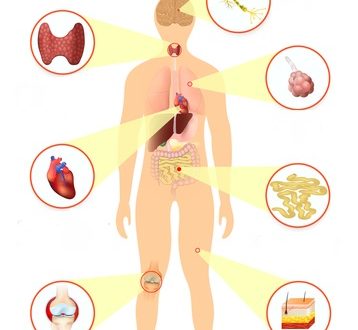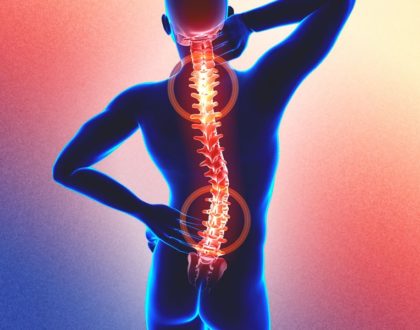Long Term Biological consequences of……….television watching?

Do our cells pay a price when we sit too long?
Originally, about thirty years ago, a link was found between television watching or sedentary life styles and obesity. Since then, others have confirmed this relationship. In addition, emerging evidence suggests that, independent of exercise levels, sedentary behaviors are associated with higher risk of weight-related chronic diseases—including cardio-metabolic conditions and certain cancers—as well as overall mortality. The next logical next step was to look to see what physiological changes are actually going on in the cell. A large, long term, cohort study looking at associations between sedentary life behaviors such as computer work or watching TV or other screen based time, and physical activities such as walking, moderate to vigorous exercise, calisthenics, aerobic exercises and their effect on the overall health of the cell has reached some startling conclusions. Almost one third of US adults aged 20 years or older spend 9 hours per day on TV or computer time!
The study looked at telomere length. Telomeres are structures at the end of chromosomes. Because telomeres shorten with cell division or damage, telomere length can act as a measure of biological aging and damage accumulated across a lifespan. Also, with each cell division the telomere shortens and a point comes in which it can no longer allow the division of the cell. The cell then goes into senescence or a non-dividing phase and starts to age.
Telomere length has been linked to a number of health outcomes in observational studies, and may facilitate chronic disease development. Thus, understanding the associations between sedentary behaviors, physical activities, and telomere length not only helps assess the degree to which these modifiable behaviors may affect cellular damage, but can also help uncover if altered cellular aging is a potential mechanism driving previously observed associations between these behaviors and health outcomes.
So we are aging ourselves faster the more TV we watch and the more sedentary our life style.
Recommended Posts

Unlocking Relief: How Acupuncture Can Be Your Ally in Managing Chronic Conditions such as Pain, Anxiety, Low Energy, Insomnia, and so much more
May 12, 2025

Acupuncture for Stress and Anxiety
March 8, 2025


